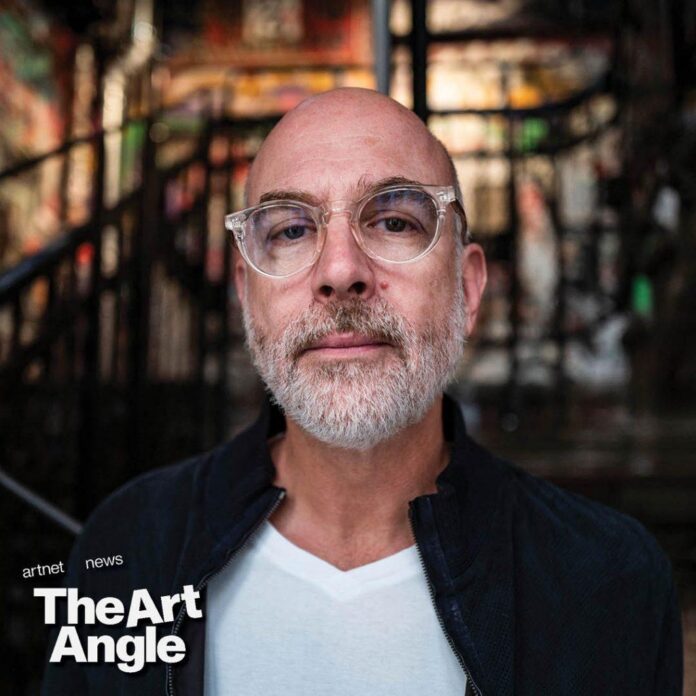Welcome to the Art Angle, a podcast from Artnet News that delves into the places where the art world meets the real world, bringing each week’s biggest story down to earth. Join us every week for an in-depth look at what matters most in museums, the art market, and much more, with input from our own writers and editors, as well as artists, curators, and other top experts in the field.
How can art institutions adapt to meet the changing cultural landscape in the coming decades, and what are the new models that will evolve to fill these needs? Fotografiska, a private, for-profit photography museum, is offering a novel possibility.
Fotografiska’s self proclaimed mission is to offer a unique cultural destination where people can discover world class photography alongside one of a kind programming with top tier restaurants and bars on site. With expanded late night hours open until 11 p. m. on Fridays and Saturdays, Fotografiska believes it gives the public a more flexible platform for encountering culture than the traditional, often sterile museum setting. But it’s a model that’s not without skeptics, who worry that prioritizing experienced culture risks undermining curatorial rigor.
Founded in Stockholm in 2011, today Fotografiska is a global enterprise with locations in Tallinn, Estonia and New York City, and the international expansion continues with a Berlin outpost that opened just last month with exhibitions by celebrated artists including Juliana Huxtable and Candice Brights at the Kunsthaus Tascheles—a destination with a unique cultural history for the city. The museum’s first location in Asia is also set to be unveiled this month in Shanghai.
Behind Fotografiska’s ascent is Yoram Roth, the institution’s chairman, and a Berlin based entrepreneur focused on arts and culture. With a career background that ranges from entertainment and music production to publishing, Roth brings a dynamic energy, unique vision, and infectious attitude to the art sphere. This week, Artnet editor Katie White spoke to Roth about Fotografiska, and a new era of cultural experiences.

























